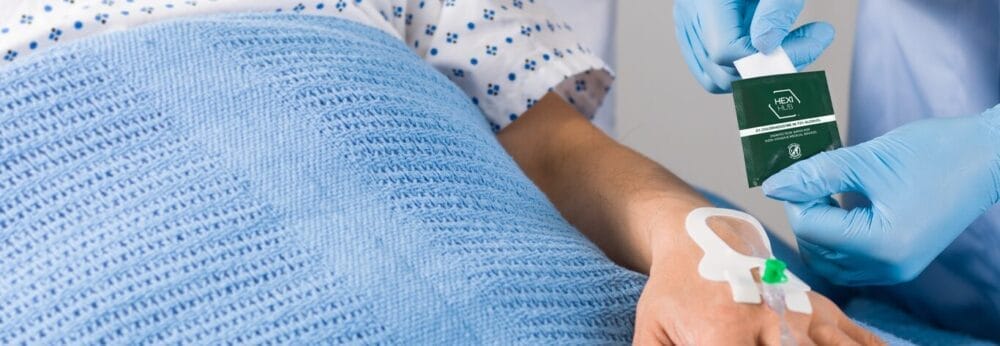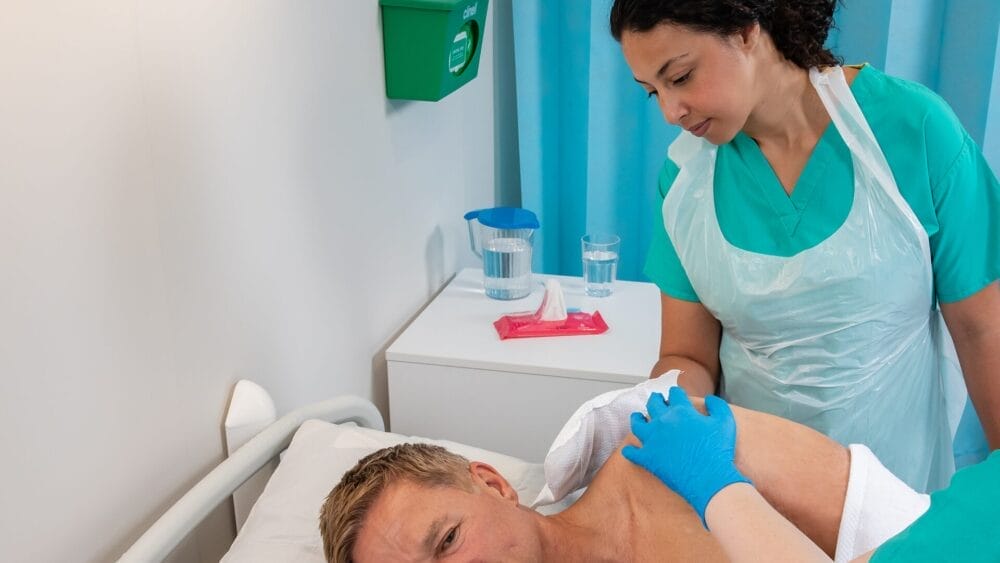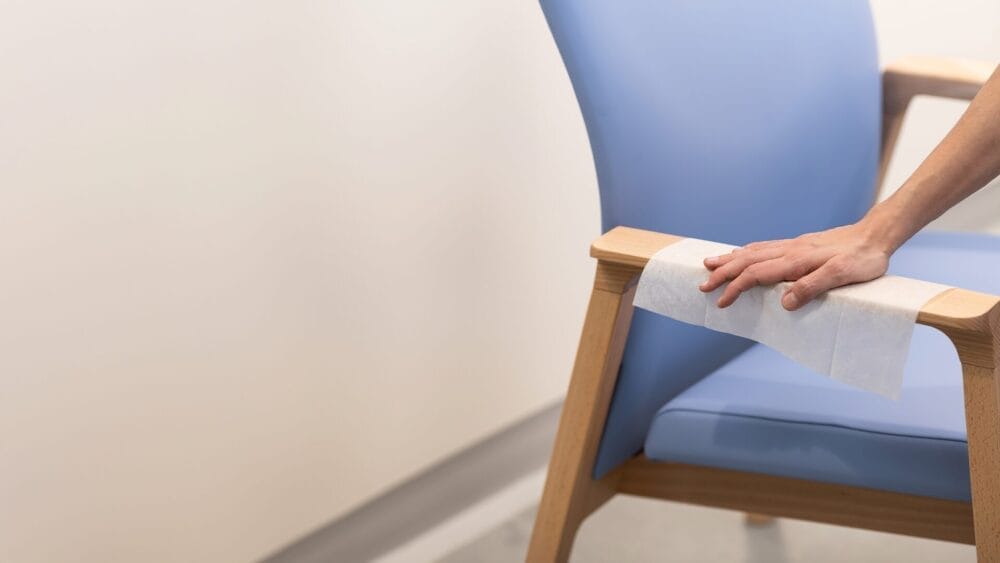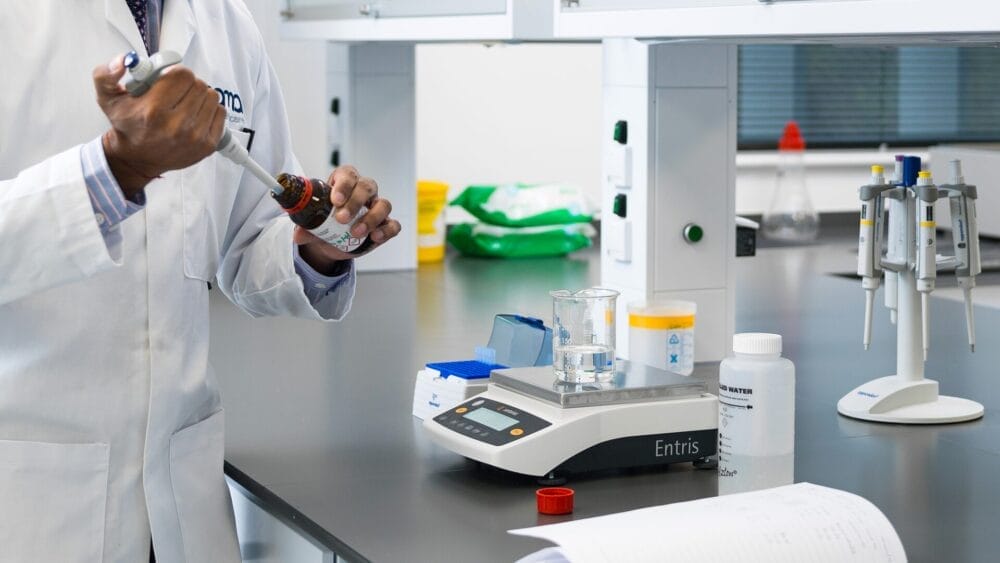Posted
8th December 2022
Products
Today on GAMA’s blog, we’re sharing the latest information about Strep A discussing how effective Clinell products are at killing it.
‘Strep A’ in the news
Strep A is all over the news at the moment because, sadly, there have been a number of deaths among children in the UK caused by these invasive infections.
What is ‘Strep A’?
Strep A refers to a collection of Gram – positive bacteria known as Group A Streptococcus (GAS). These bacteria are commonly found living on our skin, in our respiratory tract and anogenital tract (the space between the genitals and anus).
Clinell Universal Wipes, Clinell Biodegradable Surface Wipes and Clinell Hand Wipes all pass EN 13727 in 10 seconds, meaning they’re capable of killing Gram-positive bacteria like those that cause ‘Strep A’.
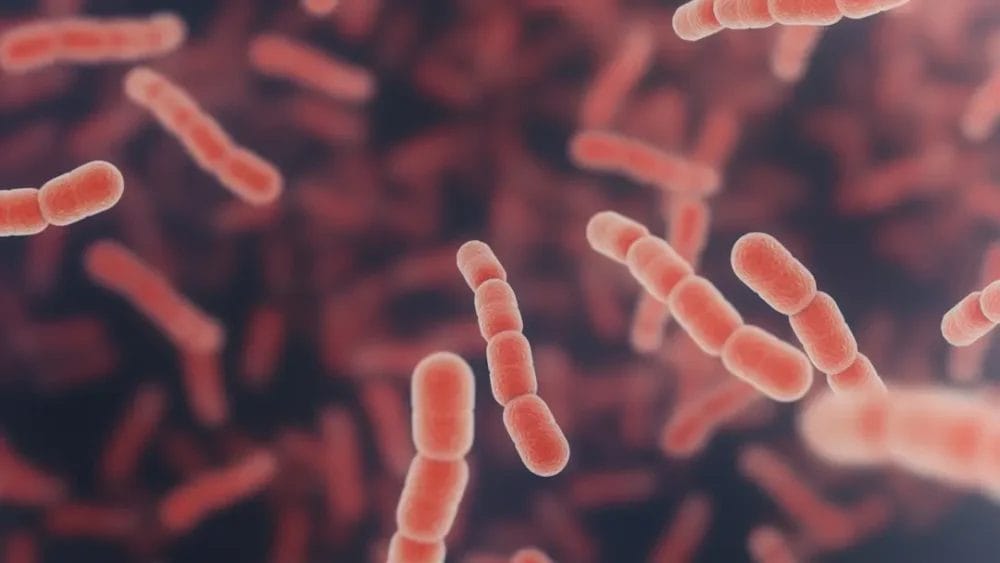
Should I be worried about ‘Strep A’?
Strep A or GAS bacteria can live on your being harmlessly, and don’t always cause illness. However, they can cause tonsillitis, sore throat, skin rashes, scarlet fever and impetigo.
In groups of people who are slightly more susceptible to infection, such as very young children, older adults and immunocompromised people, GAS bacteria can cause serious illness known as invasive Group A Streptococcus or iGAS.
How do iGAS infections occur?
iGAS is the most serious infection caused by GAS, which occurs when the infection becomes invasive after bacteria enter parts of the body where they are not commonly found, such as the blood stream.
Unless treated effectively, iGAS infections can develop into more serious conditions such as streptococcal toxic shock syndrome and necrotising fasciitis – which can, unfortunately, be fatal.
However, iGAS infections can be treated with antibiotics and importantly, prevented with good hygiene.
Is ‘Strep A’ it contagious?
Yes, it’s highly contagious and spreads through contact with an infected person – via coughs, sneezes or contact with a wound. Plus, respiratory particles can contaminate surfaces with bacteria too.
It’s important to remember that infected people can be asymptomatic (show no symptoms) – and still pass on bacteria.
How to stop the spread

Remember these key steps:
1. Regularly wipe your surfaces
Cleaning and disinfection products such as Clinell Universal Wipes or Clinell Biodegradable Surface Wipes will kill GAS bacteria that live on surfaces before they are picked up by someone else.
2. Wash your hands frequently
Our hands are home to millions of healthy bacteria; however, they can pick up some potentially dangerous ones too – including GAS. Frequent hand washing or sanitising helps to reduce the risk of those bacteria ending up where they shouldn’t be.
3. Stay vigilant
Strep A is not a new pathogen and is recognised as a ‘notifiable disease’ by UK Health Security Agency who have advised increased vigilance for symptoms of Strep A among children including:
- Fever (a high temperature above 38C)
- Headache
- Sore throat
- Pinkish or red body rash with a sandpapery feel (On darker skin, the rash can be more difficult to detect visually but will have a sandpapery feel)
Are Clinell products effective against ‘Strep A’?
GAS bacteria are Gram-positive. Testing the efficacy of disinfectants (such as Clinell Universal) against Gram-positive bacteria is assessed using a standard test: EN 13727.
Clinell Universal Wipes pass EN 13717 in 10 seconds
Clinell Biodegradable Surface Wipes pass EN 13717 in 10 seconds
Clinell Hand Wipes pass EN13727 in 10 seconds (we recommend washing or wiping your hands for 30 seconds)
For more information, see UKHSA’s recent blog.
If you’d like to find out more about any of our Clinell products, head to our Clinell page. Help spread awareness of Strep A by sharing this article on social media.
SHARE THIS ARTICLE
Tags
Latest News
Introducing HEXI HUB: A seamless transition in our product line
We’re pleased to announce an update to our product offering…
Innovative solutions for tackling Carbapenemase-producing Enterobacteriaceae (CPE) at King’s College Hospitals
King’s College Hospital NHS Foundation Trust, one of London’s largest…
Gloves Off: reducing unnecessary plastic waste during environmental cleaning and disinfection
In this blog, Dr Phil Norville discusses the momentum-gaining ‘Gloves…
Gloves Off: Navigating SDS sheets and skin safety claims in environmental decontamination products
In this blog, James Clarke (Head of R&D, Science &…

